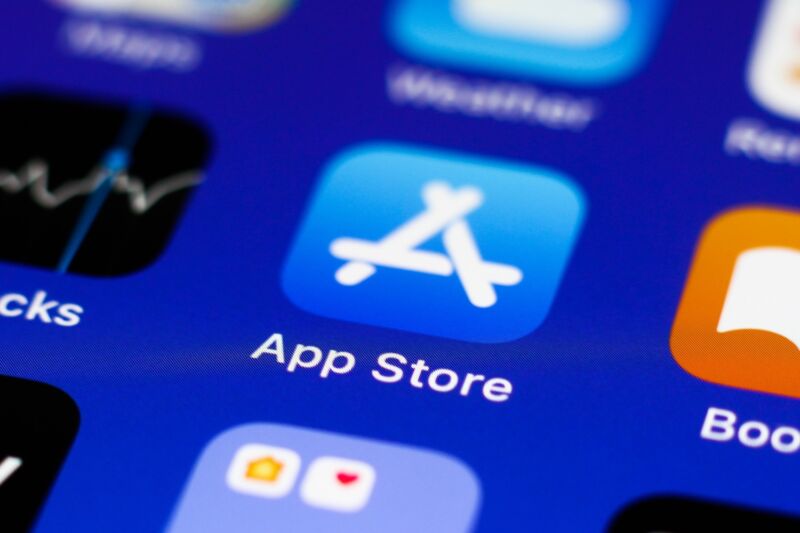
Getty Images | NurPhoto
The Biden administration wants major changes to Apple and Google’s mobile app models, saying the companies “act as gatekeepers to the apps people and businesses rely on” and enforce policies that “are likely to harm consumers by inflating prices and reducing innovation”. “
Market analysis and recommendations for legislators and regulators were released today in a report by the National Telecommunications and Information Administration (NTIA) of the Department of Commerce. The report was required by President Biden’s 2021 Executive Order on Competition and presented today by the White House as part of “new progress in its competition agenda.”
The NTIA concluded that “consumers largely cannot obtain apps outside of the App Store model, controlled by Apple and Google”, and that “Apple and Google are creating barriers for developers to compete for consumers by imposing technical limits, such as restricting how apps can run or forcing developers to go through slow and opaque review processes.”
One of the recommendations would require mobile platform operators to allow users to download apps, which would be a big change for Apple in particular. Company executives, including CEO Tim Cook, have repeatedly spoken out against the push to require sideloading on the iPhone and other iOS devices. Voluntary measures are unlikely to solve the problem, the NTIA said, saying “new legislation and additional antitrust action are likely needed to spur competition in the app ecosystem.”
While noting that Apple and Google “run their app ecosystems differently,” the NTIA said the companies “have created unnecessary barriers and costs for app developers, ranging from access fees to functional restrictions. that favor some applications over others. The “incentive structures created by current Apple and Google policies and practices leave any alternative distribution model with significant drawbacks and limited functionality,” the NTIA said.
“Above all, these setbacks mean that app developers and alternative mobile app stores don’t have the opportunity to compete on equal terms, either with each other or with the products and services offered by the guardians,” the report said. “All of these factors translate into potential losses for consumers: inflated prices due to fees charged by gatekeepers, innovation hampered by policy decisions to limit access to smartphone capabilities, and loss of choice of applications that are not presented or even accessible for smartphone users.”
NTIA: “Prohibit restrictions on side loading”
The NTIA has urged U.S. lawmakers and regulators to ban restrictions on sideloading, despite acknowledging the security risks of unintentionally installing malware. “While preserving appropriate latitude for privacy and security safeguards, legislative and regulatory measures should prohibit restrictions on sideloading, alternative app stores, and web apps,” the NTIA said.
Congress should enact laws requiring major platforms to allow or provide “a readily available means for users to download and install third-party apps or mobile app stores, including through means other than the Google Play Store and Apple’s mobile app store, while allowing reasonable privacy, security, and safety precautions (for example, to prevent unintentional installation of malware),” the NTIA said.
Downloading apps isn’t terribly difficult on Android, although a How-To Geek guide says users should be careful where they get downloaded apps for security reasons. Apple’s iOS has always been more locked down, but Apple plans to support sideloading and third-party app stores by 2024 in response to new European Union regulations.
